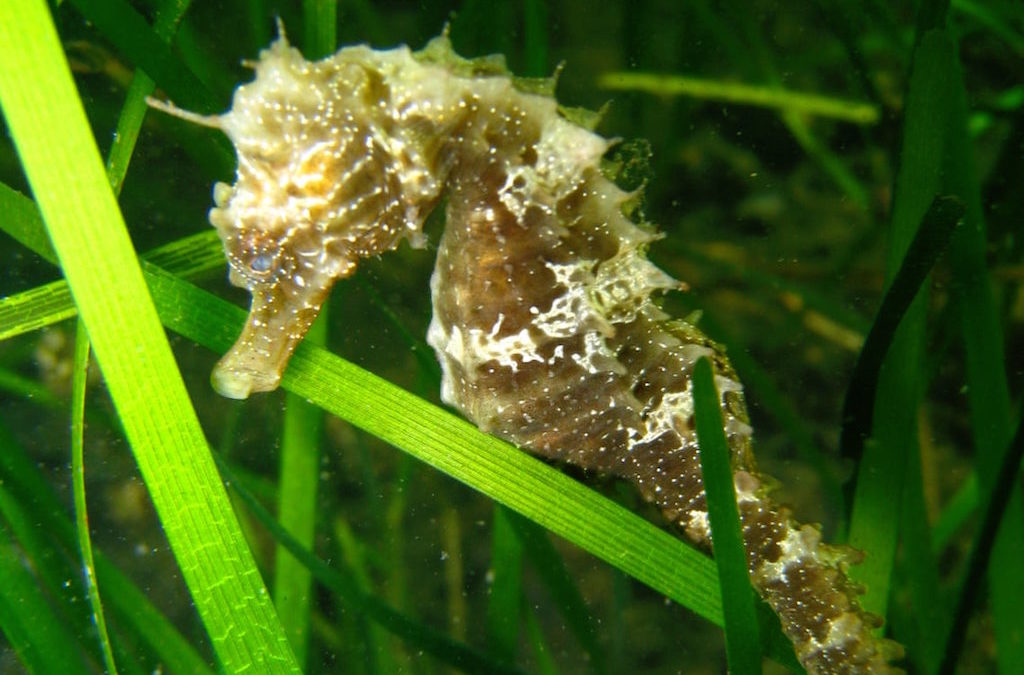SOURCE: Oxpeckers
DATE: December 19, 2019
SNIP: Every night dozens of wooden boats loaded with fishing equipment pass under the Punta Penna bridge and into the protected waters of the Mar Piccolo, a unique saltwater lagoon in the southern Italian port city of Taranto.
Trawling nets, cage traps and even homemade bombs are deployed into the moonlit waters by those in search of lucrative prey. “It’s like my father picking lemons and making limoncello at home,” says Luciano Manna, a local activist who has been monitoring the illegal activity for five years. “It’s too easy.”
The lagoon is so rich in biodiversity – with long-snouted seahorses, prized mussels, rare seaweeds, greater pipefish and loggerhead sea turtles among its native species – that marine biologists call it a “living eco-museum”.
But an organised illegal wildlife trade with links to China is quietly devastating the Mar Piccolo and many other coastal habitats across the Puglia region, with experts warning that endangered marine species are being pushed to the brink of extinction.
Michele Gristina, who works for Italy’s Institute for Coastal Marine Environment, has been studying the seahorses in Taranto for nearly 20 years. Once one of the largest concentrations in Europe, the seahorse population collapsed between 2016 and 2017. The only explanation, he says, is poaching.
“We tried to explain it [the decline] with environmental reasons such as the spread of pollution, water temperature or oxygen depletion, but it wasn’t the reason,” says Gristina. “People have seen there are a lot of seahorses and that money can be made, and they have begun to hunt them. In my opinion, seahorses along Italy’s coasts are seriously endangered.”
Manna, through the Italian investigation website Veraleaks, uncovered evidence that in addition to formalised trafficking transactions the species are sold on the Chinese social media site WeChat, where products are advertised as coming from “Italy, the Mediterranean”. They are also sold by third-party sellers, who claim to offer “wild capture” through online retailer Amazon.
Authorities say local fishermen have close ties with Chinese traffickers who transport species of seahorses and sea cucumbers in huge numbers, by air or by sea, often passing through Greece on the way to south-east Asia. The practice, they say, is happening all along the Puglia coast at fishing villages and towns.
In China many people believe seahorses are a powerful aphrodisiac.
Miguel Correia, a Portugal-based collaborator with the international research institute Project Seahorse, who also carried out research in Taranto, warns that the trafficking network extends beyond Italy and across southern Europe. In 2017 Spanish police arrested traffickers in Cadiz in possession of more than 2,000 dried seahorses.
“They are operating here in Portugal and other countries,” says Correia. “If it continues they could completely disappear.”

